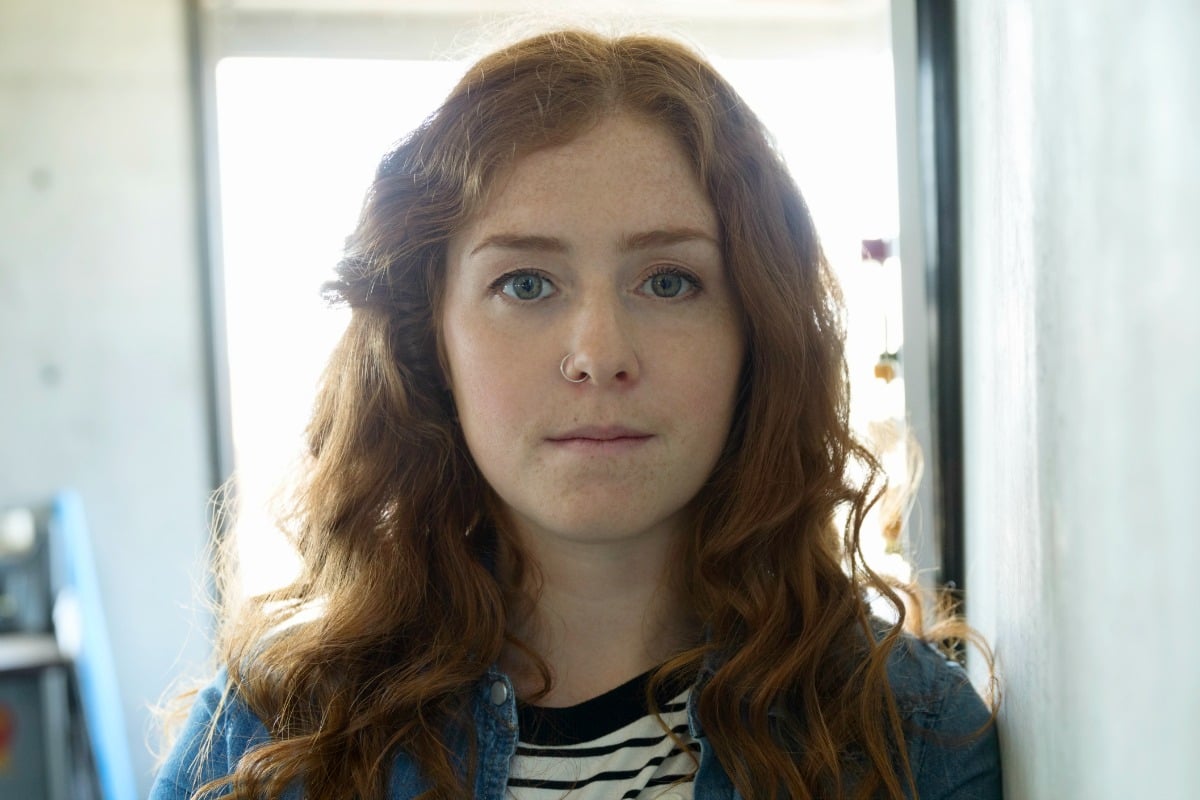
It was a gloriously golden, warm September afternoon and I was crumpled up in the foetal position on my bedroom floor, ugly crying. I had nothing left in me. I was a 23-year-old, newly married, employed, financially alright, plant-based vegetarian, and for the 600th day in a row, I felt horrible.
I was supposed to be packing for a leisurely weekend camping trip but I could not muster up a shred of mental, physical or emotional energy to pack or prepare. In frantic texts to my new husband, I described myself as “drained,” “zapped,” “dried up.”
Somewhere in my exhausted tears there was frustration. This should not be happening to me. I had been a vegetarian for a decade; for the past five years, I had been eating a “clean,” plant-based diet. I took a B complex, I didn’t have anemia, I drank vegan protein shakes almost daily even though they made me cringe, I drank enough water, I slept well.
I should be okay. Yet here I was, crying at 2pm because I felt like zombie.
And then a strange thing happened. I had not had animal protein in 10 years and I hadn’t craved it in nearly as long, but suddenly my body instinctively called out for meat.
A few days later, I ate chicken. A week or so later, I had sausage. I was a carnivore again. Slowly, I regained strength.
When I gave myself permission to eat meat again, I started to look at all the many other foods I had demonised and just how sick I had become.

Top Comments
Moral of the story? Unless they are actually qualified, ignore all “wellness bloggers”. Diet is often definitely linked to mental health.
I think it’s excellent you got back your health! I think it is important to mention that vegetarian and vegan diets are not harmful to most people when done right. There are no rules that say you have to submit yourself to a certain diet and conform to the way society tells you to do them. A diet whether meat free or not should not be doing damage to your body but should be treating it kinder and making it feel good. I know my life completely changed the day I started eliminating dairy from my diet - my insides felt so much better! And considering I only started doing that this year but I’ve been vegetarian since I was 12 (10 years now!) I’m glad we both have lifestyles that make us happier. Everyone should strive to do what’s best for them and not worry about the external pressure! Always remember that - I’m so glad you had the support to push through those hard mental barriers x